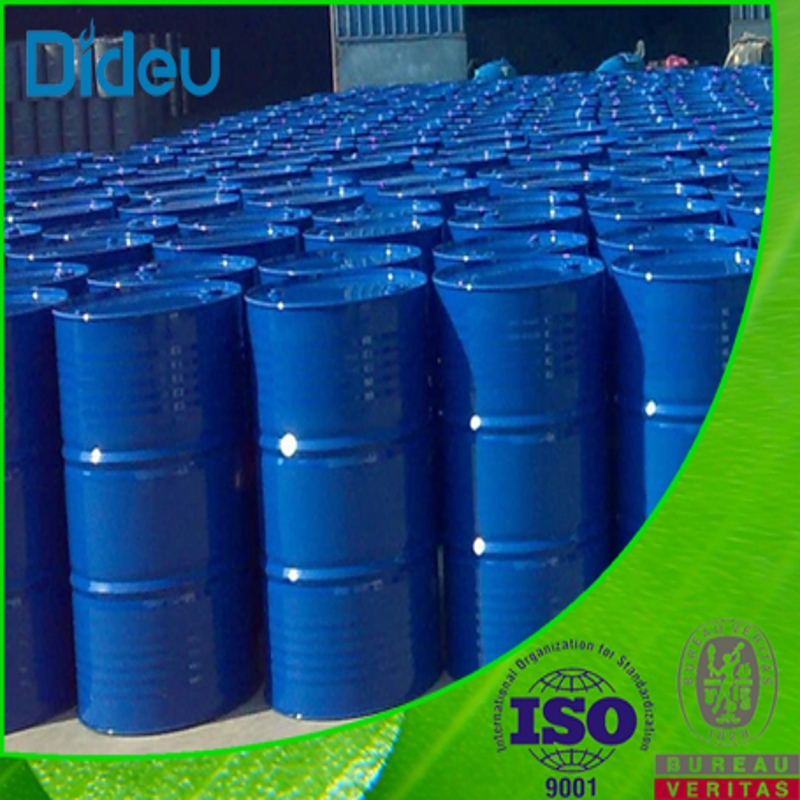-
Categories
-
Pharmaceutical Intermediates
-
Active Pharmaceutical Ingredients
-
Food Additives
- Industrial Coatings
- Agrochemicals
- Dyes and Pigments
- Surfactant
- Flavors and Fragrances
- Chemical Reagents
- Catalyst and Auxiliary
- Natural Products
- Inorganic Chemistry
-
Organic Chemistry
-
Biochemical Engineering
- Analytical Chemistry
-
Cosmetic Ingredient
- Water Treatment Chemical
-
Pharmaceutical Intermediates
Promotion
ECHEMI Mall
Wholesale
Weekly Price
Exhibition
News
-
Trade Service
Single nucleotide gene polymorphisms (SNPs), as one of the most common genetic variants in humans, may play a key role in the occurrence and development of kidney stones, but there are no studies in China to assess the relationship between
The study first analyzed the relationship between the 7 tag SNPs (rs225355, rs2839488, rs13058, rs13051704, rs225358, rs3761376, rs225359 and rs3548902) and the risk of kidney stones in the case group (230 patients with kidney stones) and the control group (250 patients without kidney stones), and then in the verification set (including 307 cases in the case group, The correlation was further confirmed in the control group of 461 patients
The results of a case-control study of the two-phase design showed a significant increased risk of kidney stones in individuals with rs3761376 A alleles (AA and AG) compared with the GG genotype [corrected odds ratio (OR) = 1.
Figure 1 Correlation between TFF1 and kidney stone risk
The expression of the TFF1 gene in luciferase (P=0.
Fig.
Conclusions of the study
Taken together, TFF1 rs3761376 may be a potential biomarker predicting the risk of kidney stones in Chinese populations
.
References:
Wang Q, Jiang Y, Du M, et al.
Association of functional genetic variants in TFF1 and nephrolithiasis risk in a Chinese population.
BMC Urol.
2022 Aug 20; 22(1):127.
Edit: Wang Mumu
Reviewed: LR
Executive: Wang Mumu







